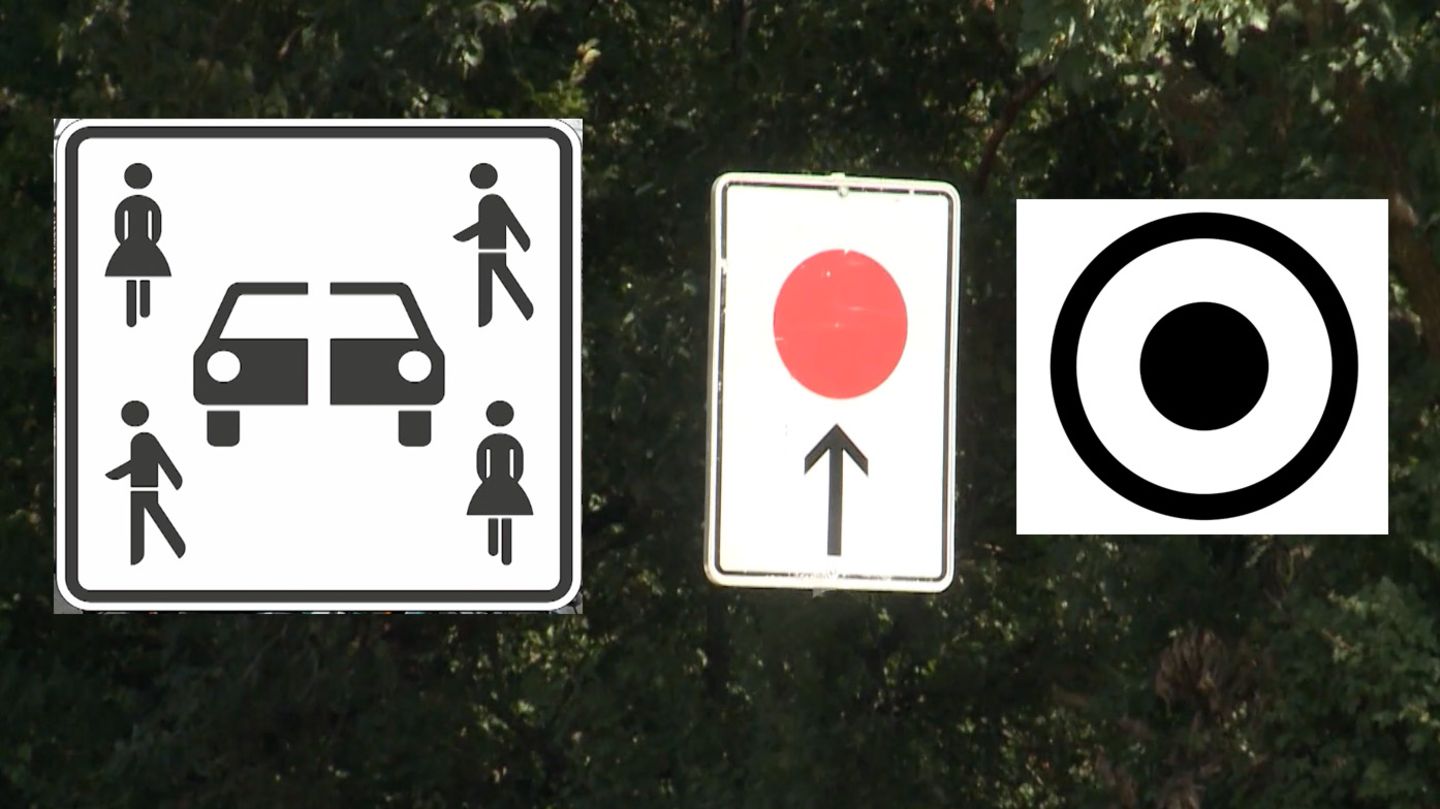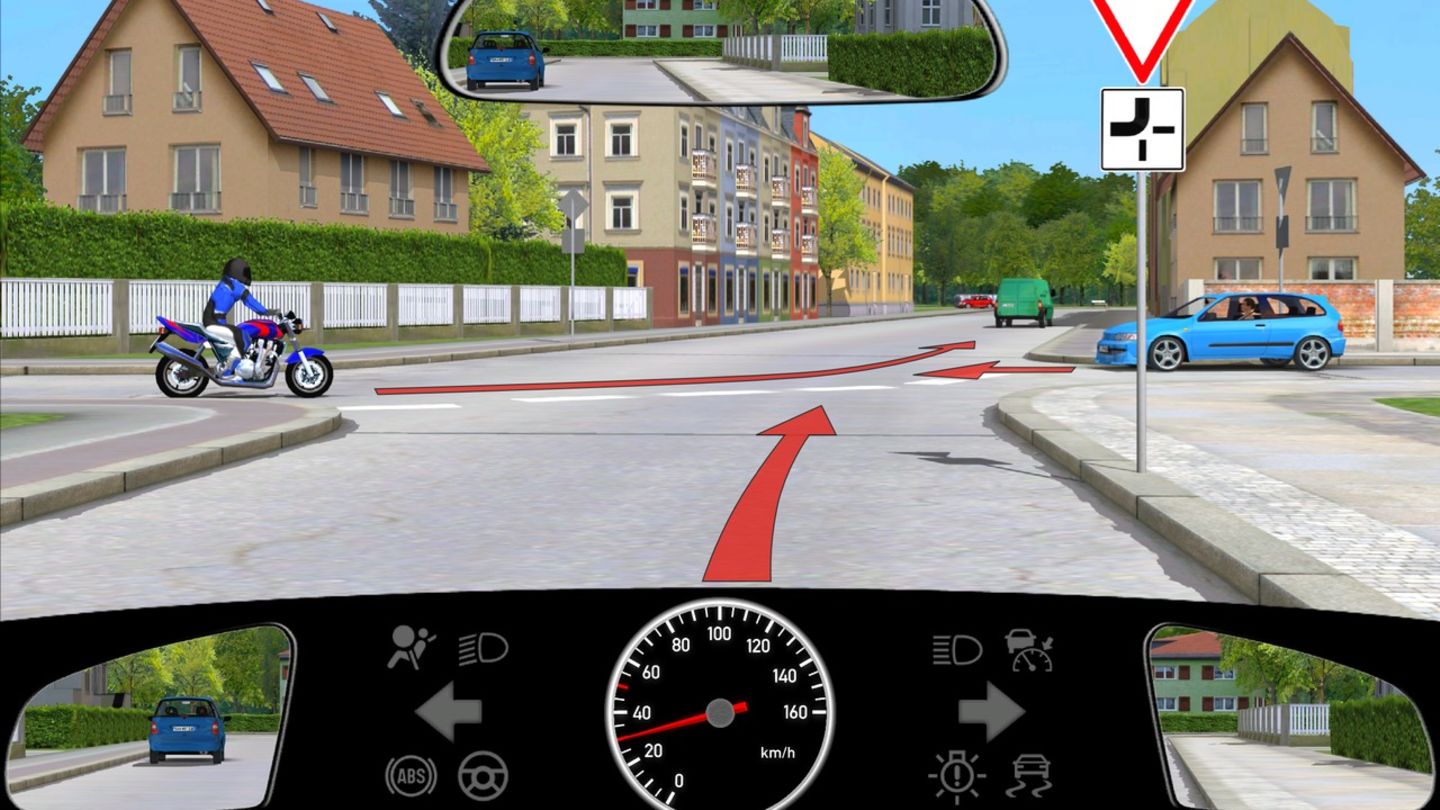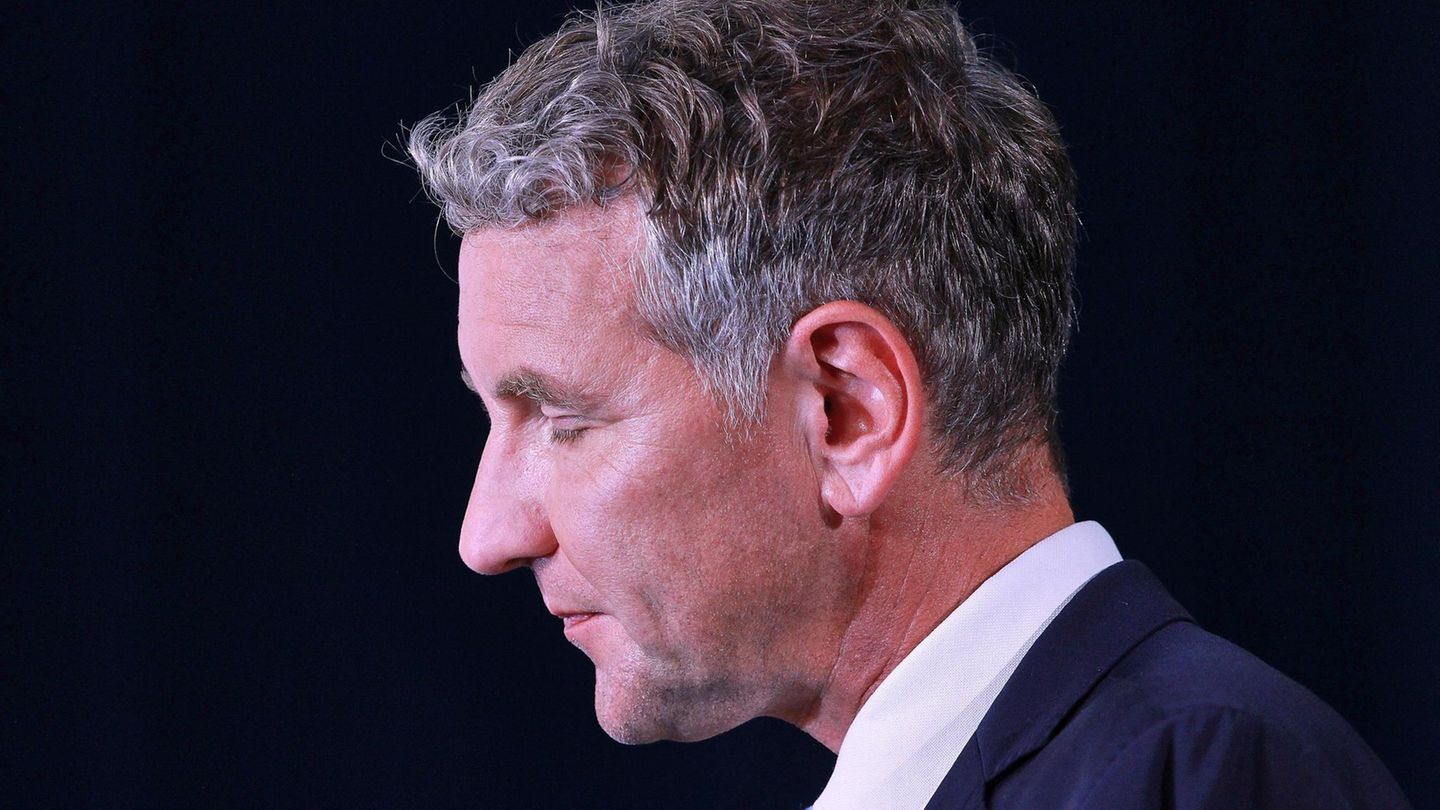I have been working in the news industry for over 6 years, first as a reporter and now as an editor. I have covered politics extensively, and my work has appeared in major newspapers and online news outlets around the world. In addition to my writing, I also contribute regularly to 24 Hours World.
Menu
AfD party conference: Höcke must fear for his power in the party
Categories
Most Read
Baby in the Bundestag: Klöckner wants to support parents with children
October 16, 2025
No Comments
Ukraine receives new arms commitments from Europe
October 16, 2025
No Comments
Can Donald Trump simply move World Cup venues? That’s what lies behind it
October 16, 2025
No Comments
The situation at a glance: Before meeting with Trump: Zelensky receives new arms commitments
October 16, 2025
No Comments
Domestic political crisis: France’s prime minister has to face motions of no confidence
October 16, 2025
No Comments
Latest Posts

Nestlé cuts 16,000 jobs despite rising sales
October 16, 2025
No Comments
Food company Nestlé cuts 16,000 jobs despite rising sales Listen to article Copy the current link Add to watchlist Things are actually going well for

Traffic signs in focus: ADAC expert Lucà explains their meanings
October 16, 2025
No Comments
Only very few people know Do you know the meaning of these traffic signs? Copy the current link Add to watchlist Some traffic signs in

Driving license: Would you still pass the theory test today?
October 16, 2025
No Comments
Vera StackI’m a recent graduate of the University of Missouri with a degree in journalism. I started working as a news reporter for 24 Hours
24 Hours Worlds is a comprehensive source of instant world current affairs, offering up-to-the-minute coverage of breaking news and events from around the globe. With a team of experienced journalists and experts on hand 24/7.

